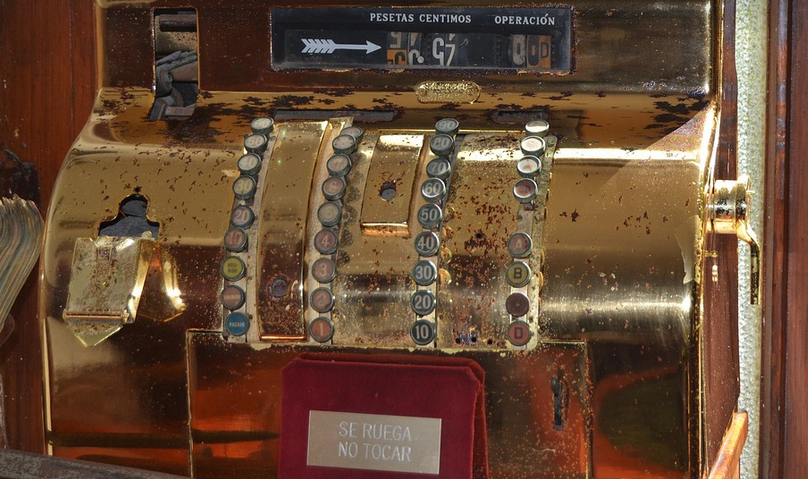Understanding the Importance of Water Quality
We all rely on clean water for our everyday lives, from drinking and cooking to bathing and cleaning. The quality of our water is vital not just for personal well-being but also for the health of entire communities, ecosystems, and even the economy. That’s where organizations like the North Coast Regional Water Quality Control Board (NCWQCB) come in.
Imagine your favorite swimming spot, a peaceful lake or a scenic river. How would you feel if you knew there were harmful pollutants lurking beneath the surface? The NCWQCB strives to keep our water pristine by monitoring and regulating discharges of wastewater and chemicals. They play a critical role in safeguarding the health of our communities and preserving the beauty of California’s coast.
The North Coast Regional Water Quality Control Board: A Closer Look
The NCWQCB is a state agency responsible for protecting water quality within the coastal regions of northern California – from the redwood forests to the Pacific Ocean. Think of it as the guardian of our local waterways, ensuring safe and healthy drinking and recreation opportunities for everyone.
They work on a wide range of issues, including: managing industrial pollution, setting wastewater treatment standards, monitoring groundwater quality, and addressing illegal dumping of hazardous waste. It’s a multi-faceted job that requires expertise across various disciplines – from chemistry to engineering to environmental science.
Key Areas of Focus for the NCWQCB
The Board tackles several key challenges impacting our coastal waters:
- **Wastewater Treatment:** The NCWQCB ensures that wastewater, including sewage and industrial discharges, is treated to remove pollutants before being released back into the environment. This helps prevent harmful substances from reaching our rivers, streams, and ocean.
- **Marine Pollution Control:** The Board works diligently to minimize pollution from commercial fishing vessels and other sources within our marine waters. They implement strategies for reducing plastic waste, oil spills, and other environmental threats that impact marine life and ecosystems.
- **Groundwater Contamination:** Protecting groundwater is a top priority. The NCWQCB investigates potential contamination of aquifers used for drinking water and works to restore the affected areas. This involves partnering with residents and local governments to identify and address sources of pollution.
- **Enforcement and Regulation:** The Board enforces strict regulations on industries and individuals dealing with water-related activities. They investigate violations, prosecute offenders, and work to ensure responsible practices in all sectors.
How You Can Be Part of the Solution
You too can contribute to preserving clean water for future generations. Here are a few ways you can make a difference:
- **Be a Responsible Water User:** Conserve water by fixing leaks, using efficient appliances, and choosing shorter showers. Consider rain barrels or greywater systems for your home.
- **Reduce Chemical Use:** Minimize the use of harmful chemicals in your garden. Opt for natural alternatives like compost or organic fertilizers.
- **Advocate for Change:** Support local organizations and initiatives working to protect our water resources. Share information with friends and family, engage in public debates, and urge elected officials to prioritize clean water policies.
- **Stay Informed:** Keep yourself updated on the NCWQCB’s activities through their website or social media. You can also join community meetings and workshops to learn more about local water issues.
The Importance of Collaboration
Protecting our water resources requires a collaborative effort between government agencies, regulatory bodies, businesses, communities, and individuals. By working together, we can achieve the goal of clean and healthy waters for all. The NCWQCB actively partners with various stakeholders to tackle complex environmental challenges.
Resources for Further Learning
Want to delve deeper into the workings of the NCWQCB? Here are some resources to explore:
- **NCWQCB Website:** Visit their website (you can find it by searching “North Coast Regional Water Quality Control Board”) for the latest news, reports, and information.
- **Public Hearings:** Attend public hearings to voice your opinions about water quality issues in your community.
- **Contact Information:** If you have questions or concerns, reach out to the NCWQCB directly through their website or phone number.
Conclusion: Protecting Our Coastal Waters for Future Generations
The NCWQCB plays a vital role in ensuring clean and healthy water resources for our communities. By understanding their mission, engaging in responsible practices, and supporting local efforts, we can continue to protect these precious resources for future generations.
